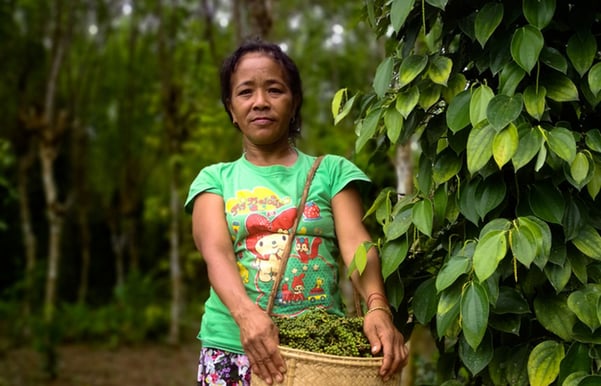The Vital Role of Indonesian Pepper Farmers in the Global Supply Chain
7/10/2024


Indonesia is renowned for its rich agricultural diversity, with pepper cultivation playing a significant role in its economy. As one of the world's leading producers of pepper, particularly black and white pepper, Indonesian farmers are not only critical for local markets but also serve as key contributors to the global supply chain.
Contributions of Indonesian Pepper Farmers
Pepper farmers in Indonesia contribute significantly to the global supply chain by providing high-quality spices that are exported to various countries. The unique climate and fertile soil of regions such as Lampung and Bangka allow farmers to produce pepper with distinct flavors and aromas, attracting buyers worldwide.
Moreover, these farmers engage in sustainable farming practices that help maintain biodiversity and promote soil health. By integrating traditional knowledge with modern agricultural techniques, Indonesian pepper farmers ensure that their products meet international quality standards, thereby strengthening their position in the global market.
Challenges Faced by Pepper Farmers
Despite their crucial role, Indonesian pepper farmers encounter numerous challenges that can impede their ability to thrive in the global supply chain. These challenges include fluctuating market prices, climate change impacts such as erratic weather patterns, and limited access to resources like quality seeds and modern farming equipment.
Additionally, the global pandemic has disrupted supply chains, leading to delays in shipping and logistics, thereby affecting farmers' income. To combat these issues, many farmers are seeking support through cooperatives and government programs aimed at enhancing agricultural practices and finding new markets.
Conclusion
In summary, Indonesian pepper farmers are an integral part of the global supply chain, providing vital products that are enjoyed worldwide. Their contributions extend beyond mere agricultural output; they help preserve cultural traditions and sustainable practices. Addressing the challenges they face is essential for ensuring the continued success of this important sector in Indonesia's economy and the global spice market.






